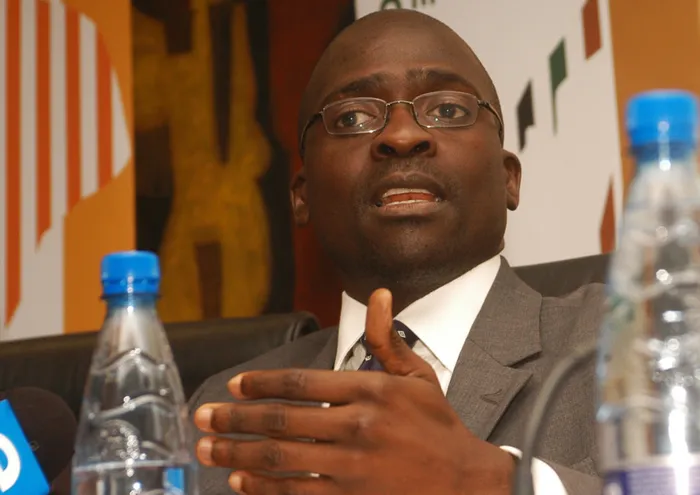Industrial corridor to fuel Durban growth

Malusi Gigaba the Home Affairs Deputy Minister, brief media on successes in stoping undesirable people coming into South Africa during World Cup. 150610 Picture: Sarah Makoe Malusi Gigaba the Home Affairs Deputy Minister, brief media on successes in stoping undesirable people coming into South Africa during World Cup. 150610 Picture: Sarah Makoe
Durban is to be the key part of multibillion-rand Durban-Free State-Gauteng logistics and industrial corridor that will drastically improve access to markets for firms located in the corridor.
The aim of the project, which is to be led by the national government, is to increase and improve rail capacity.
It will be supported by R200 billion worth of investment over the next seven years.
Addressing the KwaZulu-Natal legislature, sitting in Merebank in Durban this week, Public Enterprises Minister Malusi Gigaba said this investment was aimed at bolstering the freight business.
This, in turn, would greatly enhance local businesses, trade and the movement of goods from road to rail, positively affecting roads.
Already, the plan of expanding on existing logistics corridors and creating new ones in the country was being supported by the procurement of 1 317 new locomotives and 25 000 new wagons. “This will put in place a world-class, export-oriented rail manufacturing sector,” he said.
Also included were new electricity generation capacity, distribution and transmission networks.
The Gauteng-Free State-Durban corridor was vital for the future of national and regional economies and should be designated a national competitiveness corridor, as it accounted for 46 percent of the gross domestic product.
The fibre-optic cable along the corridor would be refurbished and strengthened, with the broadband network expanded to include metros and underserviced areas.
Gigaba said the estimated value of identified projects within the KZN corridor was R496bn, with R206bn required over the next five years.
“Of this, the bulk of spending is in eThekwini and its surrounding areas, accounting for R121bn,” he said.
The minister said the expansion of Durban’s harbour would double jobs in the port and related industries over the next 15 to 20 years. The strategic objective of the project was to plug key gaps in the infrastructure system that had been diagnosed as a constraint on the country’s economic potential, he added. “This will, in a mere eight years, significantly transform our economic landscape,” he said.
The chief executive of the Durban Chamber of Commerce and Industry, Andrew Layman, welcomed the project.
“Economic growth comes before social development, particularly if the economic growth is well-managed to ensure that communities benefit,” said Layman.
He said the provincial government was already committed to the project, and the city had embarked on local initiatives that would complement it. “For example, the back-of-port plan is complementary and so, too, is the road freight study being undertaken,” said Layman. - The Mercury